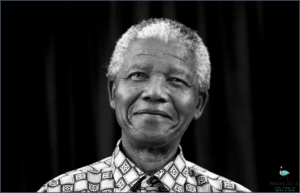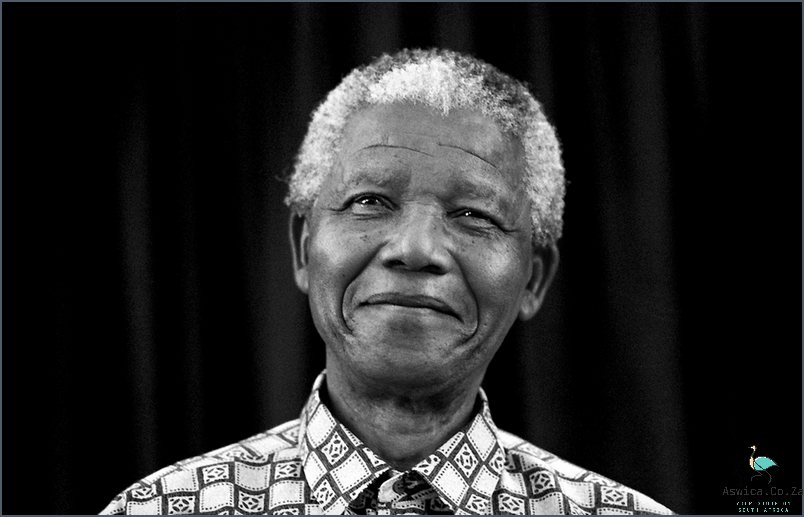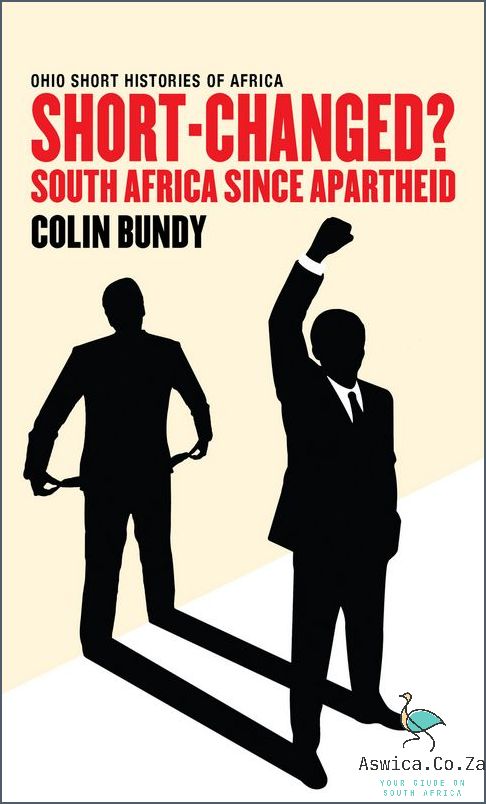
The 1990s were a time of dramatic change in South Africa. The country was coming out of a long period of apartheid and was moving towards democracy. This period saw a lot of social and political changes, including the end of white rule and the start of a new era of equality for all races in South Africa.
Contents
What Happened In The 1990s That Changed South Africa Dramatically
The 1990s were an incredibly transformative decade for South Africa. It marked the end of the Apartheid era and the beginning of a new era of democracy. In 1990, the African National Congress (ANC) was unbanned and Nelson Mandela was released from prison after 27 years. In 1994, South Africa held its first multi-racial elections and the ANC won the majority of the votes. This led to the establishment of a new government and a new constitution which provided for equal rights for all South Africans regardless of race. The new government also introduced a range of social and economic policies designed to promote racial reconciliation and social equality. These policies helped to reduce poverty, inequality and unemployment. These changes had a dramatic effect on South Africa and laid the groundwork for a more peaceful and prosperous future.
Apartheid’s final days
The 1990s were an exceptionally tumultuous time for South Africa as the country underwent a dramatic transformation away from its oppressive apartheid regime. This transformation was marked by a number of major political, economic, and social changes, many of which were spurred by the international community’s efforts to condemn the apartheid system.
The most significant change of the 1990s was the release of Nelson Mandela from prison in February 1990. After 27 years of incarceration, Mandela’s release symbolized the end of apartheid and the dawn of a new era for South Africa. This was followed by the repeal of all apartheid laws on June 17th, 1991 and the country’s first multi-racial democratic elections held in April 1994. With Mandela’s African National Congress party winning the majority of the vote, this marked the beginning of a new era of black majority rule and the end of white minority rule.

The political changes of the 1990s had a profound economic impact on South Africa as well. With the end of apartheid, the country saw massive economic growth, increased foreign investment, and a decrease in poverty levels. In addition, the government implemented a number of reforms such as the liberalization of trade and investment policies and the privatization of state-owned enterprises. These reforms helped to create a more favorable business environment and attract much needed foreign capital to the country.
The social changes of the 1990s were equally dramatic. With the end of apartheid, South Africa saw a dramatic decrease in racial discrimination and a rise in racial integration. The country also saw an increase in access to education and healthcare for its citizens, as well as an increased focus on human rights. This included the abolition of the death penalty in 1995, the adoption of a new constitution in 1996, and the establishment of the Truth and Reconciliation Commission in 1995.
The 1990s were an incredibly important time for South Africa as the country transitioned away from its oppressive apartheid system to a more equitable and open society. The end of apartheid in the 1990s marked the beginning of a new era for South Africa and laid the foundation for a brighter and more prosperous future.
Nelson Mandela’s Rise to Power
The 1990s were a decade of dramatic change in South Africa, with Nelson Mandela’s rise to power being a key factor in the transformation of the country. After Mandela’s release from prison in 1990, he became a symbol of the anti-apartheid movement, and in 1994 he was elected the first black president of South Africa. Mandela’s election ushered in a new era of democracy and social justice in the country, and the 1990s saw South Africa become a truly multi-racial society.
The new government, led by Mandela, focused on creating a new constitution that would guarantee the rights of all citizens, regardless of race or religion. This was a radical departure from the previous system of racial segregation, which had been in place since 1948. The new constitution also outlawed discrimination in all its forms, including racial, religious and gender discrimination.

In addition to creating a new constitution, the Mandela government also enacted a number of economic reforms. These included liberalizing the economy and introducing a new currency, the rand. The government also implemented an investment program that encouraged foreign investment in South Africa, which led to an increase in economic growth and job creation.
The Mandela government also worked to improve the lives of the country’s poorest citizens. They implemented a number of social welfare programs, including free education and health care, as well as the provision of basic services such as water and electricity. This improved the quality of life for many South Africans and helped to reduce poverty.
The 1990s also saw a dramatic improvement in South Africa’s international standing. The country was accepted back into the international community and was able to participate in global events such as the World Cup and the Olympic Games. This was an important step in the country’s reintegration into the international community, and it helped to restore its reputation as an important player in the international stage.
Overall, the 1990s were a decade of dramatic change in South Africa, and Nelson Mandela’s rise to power was a key factor in this transformation. His election as president, along with the implementation of economic and social reforms, helped to create a more just and equitable society. The improved international standing of the country was also a major benefit, and it helped to restore its reputation as an important member of the international community.
South Africa’s Reformation
The 1990s in South Africa were a time of dramatic reforms and revolution. After decades of racial segregation and apartheid, the nation underwent a massive transformation that changed the country’s social and political landscape forever.

The struggle for freedom and justice had been ongoing since the 1940s but it was the 1990s when the effects of the struggle really began to take hold. In 1990, the African National Congress (ANC) was unbanned, allowing its members to come out of hiding and continue their work for a democratic and just society.
The next year, the government and the ANC began negotiations for a new constitution that would guarantee rights to all South Africans, regardless of race. In 1993, the country held its first free and fair elections, with Nelson Mandela becoming the first black president.
The new government implemented a number of reforms, such as a black majority rule, the establishment of a Truth and Reconciliation Commission to address the grievances of the apartheid era, and the adoption of a new constitution that provided for basic human rights for all South Africans.
The new government also made strides in addressing economic and social inequalities that had been deeply entrenched under apartheid. Education and health care were improved, and affirmative action policies were implemented to help those who had been disadvantaged by the previous system.
In addition, the new government sought to build bridges between the different racial and ethnic groups in the country. A new language policy was implemented, allowing for the official use of nine different languages in South Africa.
The 1990s in South Africa were a time of great change and progress. The new government ushered in a period of hope and reconciliation, and laid the groundwork for a more equitable and prosperous future. Though challenges remain, the accomplishments of the 1990s have left a lasting legacy and have helped to shape the South Africa of today.
Conclusion
The 1990s were a pivotal decade for South Africa as the country made dramatic changes in both its political and social landscape. The most significant event that changed South Africa dramatically was the end of Apartheid in 1994. This marked the beginning of a new era for South Africa, as the nation transitioned from a racially segregated state to a multi-racial democracy. Additionally, the country saw the rise of a black majority leadership, the return of exiles, and the emergence of a new constitution. These changes allowed for greater freedom and opportunity for all citizens, and helped to create a more inclusive society for all. The 1990s also saw a dramatic increase in economic growth and foreign investment, which helped to lift millions of South Africans out of poverty. Overall, the 1990s was a time of great change and progress for South Africa, and its citizens continue to reap the benefits of these changes today.




